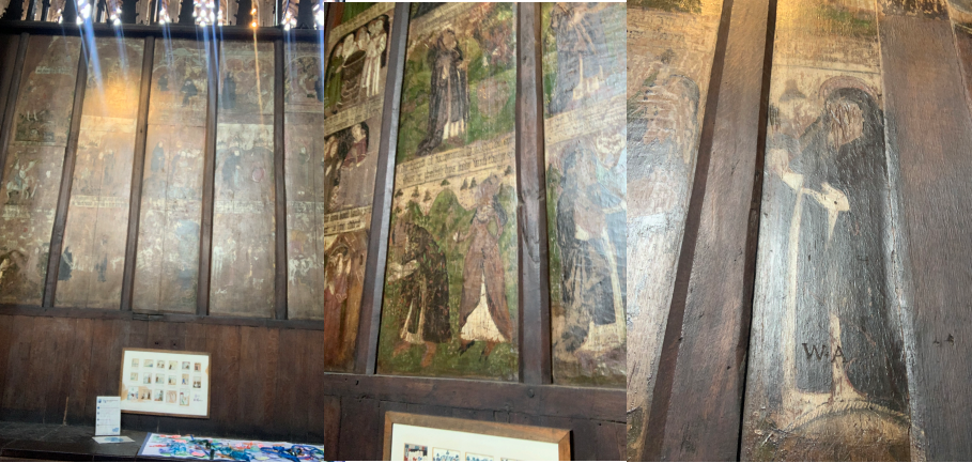The video opens with a 12-year-old Muslim girl named Zara sitting at her desk in her bedroom, looking thoughtful as she writes in her diary. Zara’s opening lines are, “we all see the world through a different lens and this is how I see the world through my lens…”
Zara starts by explaining that as a Muslim girl, she sees the world as a place full of diversity, where people come from different backgrounds and cultures. She believes that diversity is what makes the world beautiful and interesting, and that everyone should be respected and valued for who they are.
However, Zara also acknowledges that the world can be a tough place for Muslims, especially in the current political climate. She talks about how she sometimes feels scared or unwelcome in certain places because of her religion, and how it can be hard to navigate these situations as a young person.
Despite these challenges, Zara remains hopeful and determined to make a positive impact on the world. She talks about how she volunteers at charity events including open hands, where she helps with community outreach. She also shares her love for learning and playing tennis.
The video ends with Zara closing her diary and looking out the window, as the camera zooms out to show the diversity of her neighbourhood and the world beyond. Zara’s voiceover reminds us that while the world may have its challenges, it is also full of beauty and potential, and that it is up to each of us to make a difference in our own way.
Voice over:
She video opens with a 12-year-old Muslim girl named Zara sitting at her desk in her bedroom, looking thoughtful as she writes in her diary.
Zara’s voiceover begins, “Dear diary, today has been an interesting day. I’ve been thinking a lot about the world and how it works. It’s a complex place, full of different cultures, religions, and people.” Zara’s opening lines are, “we all see the world through a different lens and this is how I see the world through my lens…”
As Zara speaks, the camera shows images of people from all over the world, engaging in various activities.
Zara continues, “As a Muslim girl, I sometimes feel like I’m on the outside looking in. People don’t always understand my culture or my religion. But that doesn’t mean I don’t belong. I have friends from different backgrounds who accept me for who I am, and that means a lot.”
The camera shows Zara’s friends playing together in the park, laughing and having fun.
Zara’s voiceover continues, “I think it’s important to celebrate our differences and embrace diversity. We can learn so much from each other if we take the time to listen and understand.”
“We are lucky to live in such a diverse city as 59% of Leicester population come from minority ethnic backgrounds”
The camera shows Zara’s family sitting around the dinner table, enjoying a meal together and sharing stories.
Zara says, “My family and I practice our religion by praying, fasting, and helping others in need. It gives us a sense of purpose and a connection to something greater than ourselves.”
The camera shows Zara and her family volunteering at a local food bank, handing out meals to people in need. During these visits Zara asked people of different faiths about how they view the world and how they envisage the world would look like in fifty years in relation to religion?
Whilst I was at Opens Hands I met a nun, sister Beverly. She says, “That I love that here in Leicester that there are so many people of faith and many different ones.” She finishes off by saying, “ I love it!” Next I went to speak to Ramila. Ramila says, “ Leicester is so diverse, it tries to factor in all religions and, even students are learning about different religions in school. Look how far religion has come. In fifty years’ time I believe religion will change even more; no set religions, more awareness, new faiths.”
Zara concludes, “The world can be a challenging place, but it’s also full of beauty and hope. I believe that by working together and treating each other with kindness and respect, we can create a brighter future for all of us.”
The camera shows Zara closing her diary and looking out the window, as the sun sets in the distance. The video fades to black as Zara’s voiceover reminds us to always look for the good in the world and to strive to make a positive difference in the lives of others.
“What do you want to be when you grow up?”
“Kind” said the boy.
From the book The Boy, the Mole, the Fox and the Horse, by Charlie Mackey.
